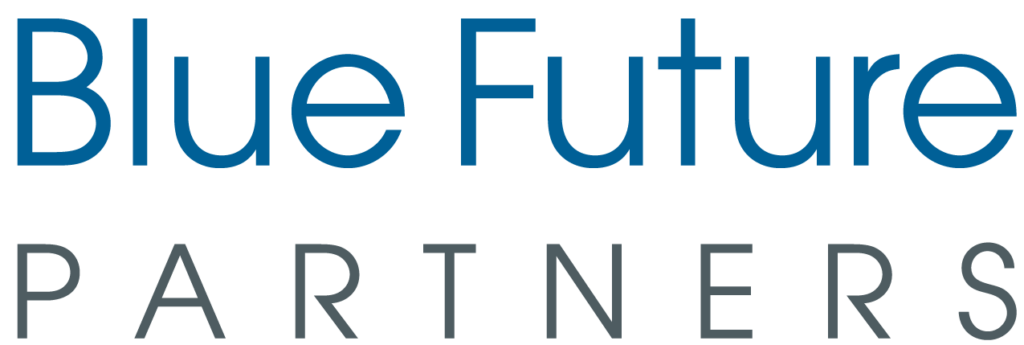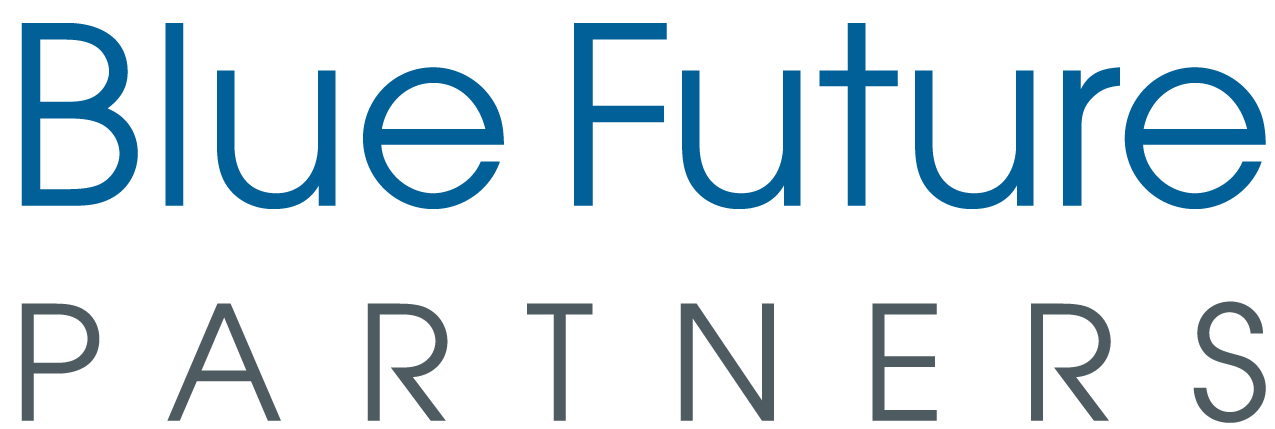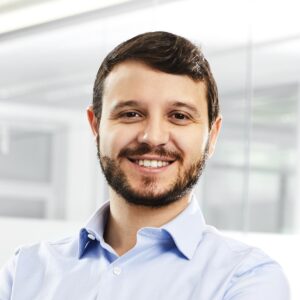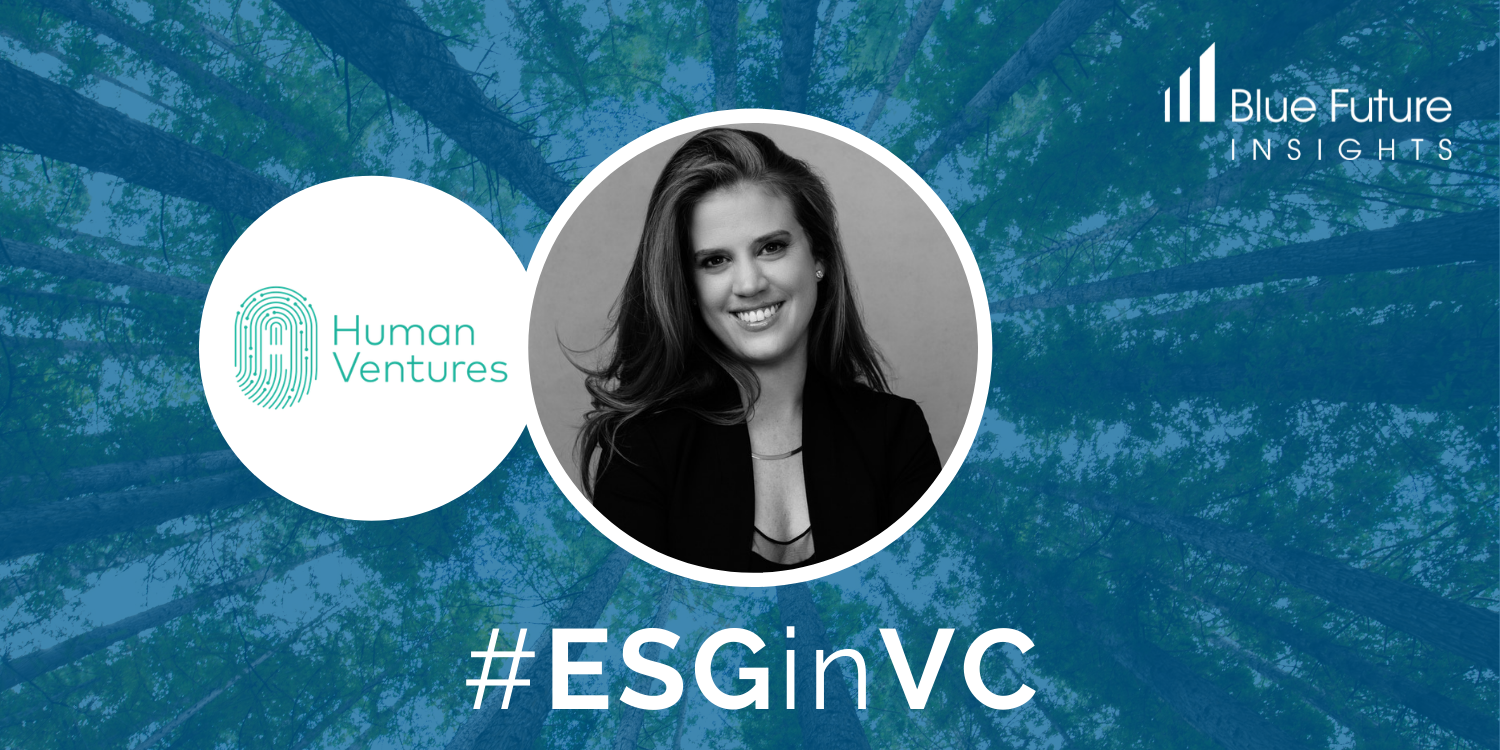With our #ESGinVC initiative, we want to foster a discussion around ESG and help each other develop and improve our frameworks. As part of this initiative, we spoke to leading managers and LPs about their ESG frameworks. The long-form interviews will be published in a reader on our website, while we will regularly post interview extracts on our social media channels (Linkedin — Twitter — Medium).
This interview is with Heather Hartnett, General Partner and CEO at Human Ventures.
Previous interviews include: Kinga Stanislawska (Experior VC, European Women in VC), Miki Yokoyama (Tech Founders), Fabian Heilemann (Earlybird, Leaders For Climate Action), Kanyi Maqubela (Kindred Ventures), David Teten (Versatile VC)
—
How do you tackle ESG responsibility at Human Ventures? Do you have a certain ESG framework that you apply?
I’ve spent the better part of my career in impact investing and saw that there was inherent subjectivity of goals different impact investors have when assessing impact.
When founding Human Ventures, we explicitly set out to focus on founders who are building businesses that are making an impact and difference in a variety of different industries. We look at founders that are mission-driven and carry a strong purpose orientation throughout their personal lives. At the same time, Human Ventures is focused on early-stage companies, so our framework for ESG is more that we want founders to build impact into their vision for the future and their understanding of where the world is going. Not vanity metrics.
“We look at founders that are mission-driven and carry a strong purpose orientation throughout their personal lives.”
A great example of this is a company we invested in called Tiny Organics which aims to positively impact a generation of adventurous eaters by shifting away from sugary purees to a whole food, savory-forward, nutrient dense foundation with meals that are both convenient and comprehensive for the modern parent. At the onset, Tiny Organics Co-Founders Besty Fore and Sofia Llorell knew their target customer did not want plastic and they pushed their product in the beginning to be created without it. The decisions they made at the early stage was what made it sustainable and impactful.
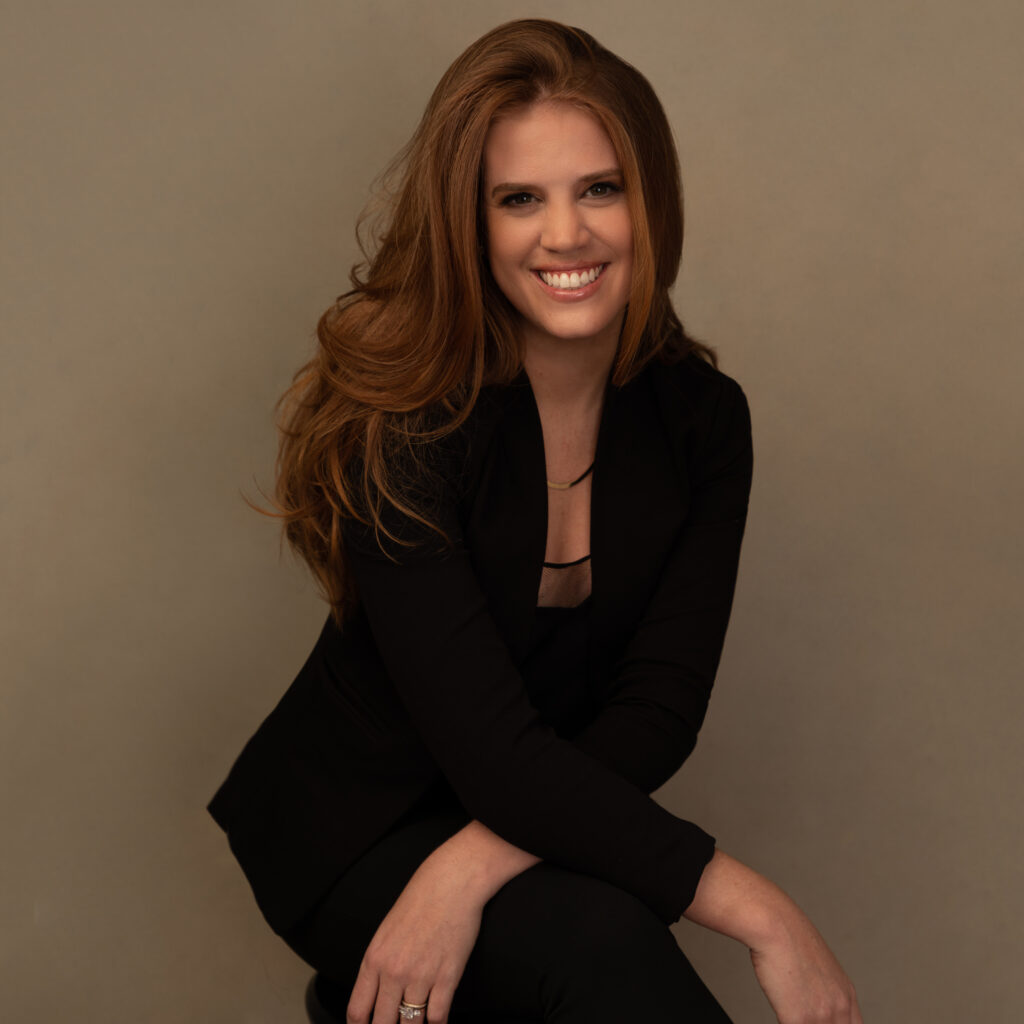
To what extent do you take ESG compliance into account in your due diligence and how do you measure compliance in your portfolio companies?
Human Ventures does not mandate any compliance. We’re investing in companies at pre, pre-seed, making it too early to have compliance measures.
On your website you state that model businesses are built around three core principles. What are those principles and how do they inform your investments?
We believe that model businesses are built around the three principles. First of all, they solve a real human problem. Successful companies need to deliver products that are ‘need to haves’, not just ‘nice to haves’. Secondly, they have uniting economics that scale – every business needs a clear path to profitability, enabling responsible growth and leading to financing options beyond just venture capital. Finally, model businesses need a deep sense of responsibility and deliver value to all stakeholders, not just shareholders, but take care of employees, vendors, and customers alike.
We pursue portfolio companies that encapsulate these core principles, which positions them for a successful future.
What are some unsolved human needs that have not seen enough startup activity and that you would love to help solve?
Unsolved human needs are the needs that we don’t yet know about. Needs that are so essential to human life that no human being can survive without it. The mental health crisis our world is facing, which has only been exacerbated by a year of remote work, isolation, loneliness, uncertainty, and anxiety continues to be a primary interest that we’re actively helping to solve along with the prominence of platforms that address the drivers of mental health, like sleep, substance abuse, and loneliness, and how they will grow in the future.
“We are investing in technology that is in service of Humans, not the other way around.”
Whenever there is a global event that can shift the mindset of the population, naturally there is an opening to bring about behavioral change. Businesses that may not have been adopted so readily pre-pandemic are now finding traction such as companies promoting health & wellness, the human side of work, worker well-being, and companies deepening human connection.
We are investing in technology that is in service of Humans, not the other way around.
What are the biggest challenges that female GPs face and what can the investment community do to better support female investors?
Rather than identifying what the biggest challenges are, I like to focus on why investing in female GPs is such a massive opportunity right now. Why would LPs want to back you if you always talk about how you can’t raise, how big the challenges are for female GPs, or how much harder it is for women in general? People won’t bet on a horse where the perceived chance of winning is low. The fact is, if you’re an LP and you’re not diversifying your funds and investing in women right now, you’re not going to show returns long term. Women VCs are exceptional compared to their male counterparts. They have had to be. Pick the women who are winning amongst the current competitive landscape and double down.
“…if you’re an LP and you’re not diversifying your funds and investing in women right now, you’re not going to show returns long term.”
Decision-makers at venture-capital firms with more than $25 million in assets under management are 88% male, so for every female founder pitching their company/product/service to a VC, they have a higher probability of that VC being a man. That means there will inevitably be missed opportunities to see where value is being created. We’re still in a time where it is a huge advantage to be a woman in venture capital since you see differentiated deal flow — but you’re not going to see that reflected in the numbers until our investments are realized. By then it will be too late to get in.
Moving forward, I’m starting to see more established investors back female founders, for fear of missing out on the next phase of tech. There’s a massive opportunity for VCs to invest in female-founded companies and the good investors know that being exclusionary will always hinder innovation and good deals.
—
#ESGinVC
About Heather Hartnett
Heather Hartnett is a General Partner and CEO of Human Ventures, where she has created one of New York’s premier startup studios and early-stage venture funds. Since launching under Heather’s leadership, Human Ventures has invested in and co-built more than 30 companies, with key investments including Reserve (acquired), TheSkimm, Current, Tiny Organics, and Clark (acquired).
Prior to founding Human, Heather’s venture capital career spanned various roles at firms including Lightspeed Venture Partners, CityLight Capital, and Claremont Creek Ventures. She also led the development at David Lynch Foundation, crystalizing her professional expertise and operations with the largest family offices and sophisticated investment firms.
Heather is active in the community, serving on the leadership board of tech: nyc and Transact Global. She has been listed as one of The 50 Most Influential Women in America by Hearst Digital Media Publications, is a frequent speaker at TechCrunch Disrupt, and is a regular contributor to Forbes, where she covers a range of venture capital topics.
Linkedin — Twitter
About Marco Cesare Solinas
Marco is an Investment Professional at Blue Future Partners. He is passionate about Technology and Venture Capital and focuses on both direct and indirect investments. Previously, he has built an international and multicultural background across Italy, US, Germany, Turkey and Malaysia.
Marco holds a CEMS Master’s in International Management and a Bachelor´s in Economics and Finance from Bocconi University.
Linkedin — Twitter — Medium
About Blue Future Partners
Blue Future Partners is a Fund of Funds with decades worth of experience in investing in Venture Capital. We specialize in backing Emerging Managers focused on early-stage technology investments. We are people-centric and relationship-driven. We have a global mandate and existing relationships with Emerging Managers in the US, Europe, Israel, China and South East Asia.
Website — Linkedin — Twitter — Medium

